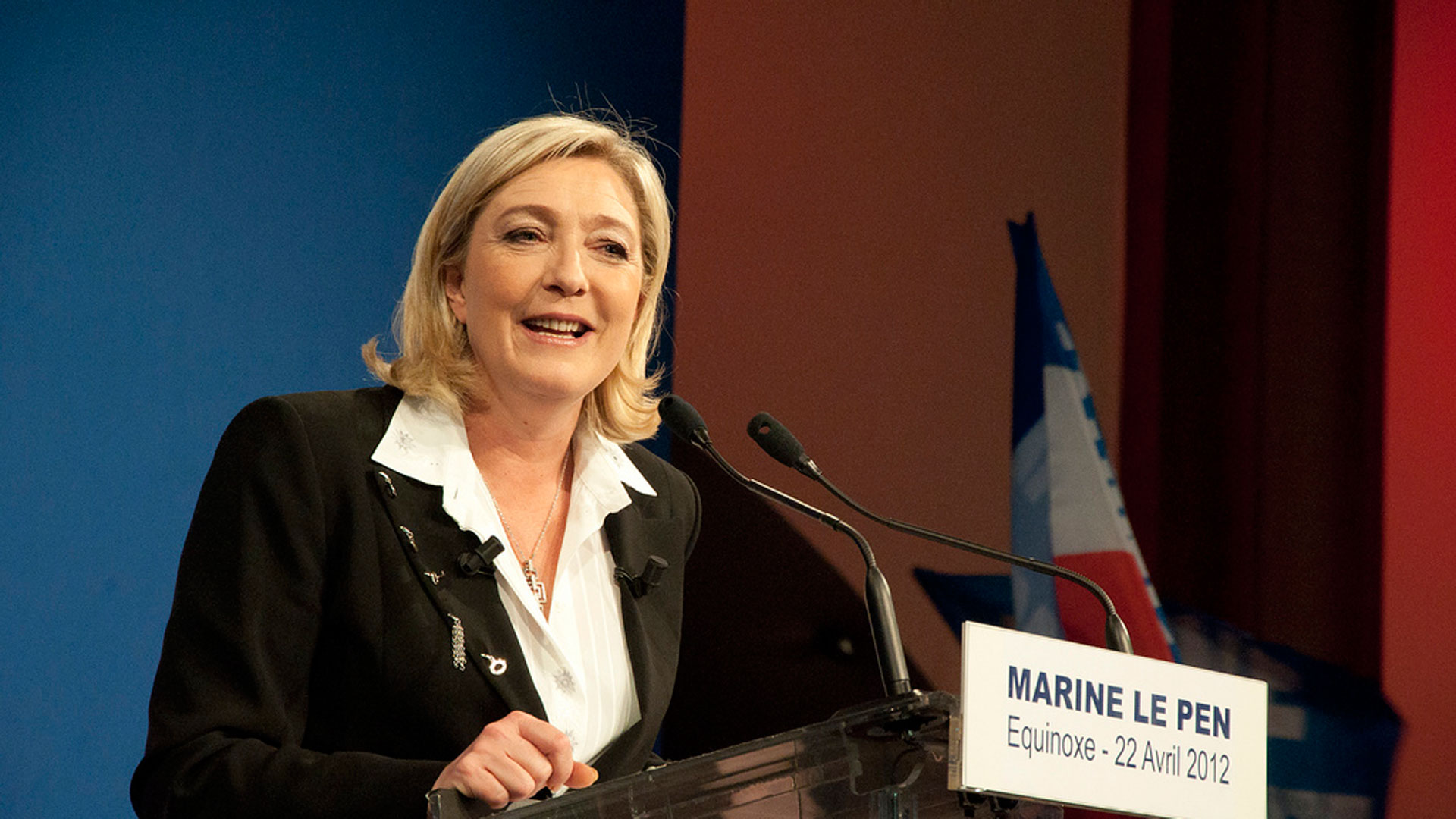For more than 10 years the world has been witnessing a sharp spike in nationalist tensions, coupled with flare-ups in xenophobia and nativism. But it took Brexit and the election of Donald Trump to spark a real conversation about the global rise in neo-nationalism. Western European and North American journalists, intellectuals and acad-emics are just now getting to grips with the magnitude of this trend.
This is understandable, given the concrete prospect of profound political change taking place within the world’s leading power, and elections in founding EU countries. Donald Trump, Nigel Farage, Marine Le Pen and Geert Wilders remain the most commonly cited figures in this new nationalist landscape.
Hungary’s Viktor Orban, Poland’s Andrzej Duda and Turkey’s Recep Tayyip Erdoğan often come in for a mention, as do India’s Narendra Modi and the Philippines’ Rodrigo Duterte.

Twenty years ago, Indian-American journalist and author Fareed Zakaria denounced the rise of “illiberal democ-racy”. In South America, north Africa, the Middle East, the Balkans, south and southeast Asia, democratic elections – sometimes overseen by international observers – had given rise to authoritarian, ultra-nationalist regimes, quick to eviscerate the civil liberties and rights of those opposing their nationalist programme.
However, putting aside the Balkan states, the phenomenon did not appear to directly affect western countries. In the heart of Europe, the fall of the Berlin Wall had given rise to a powerful geopolitical narrative – one that proved lasting, despite early signs of structural weakness. This narrative told of the destruction of all walls across the globe, and of a joyful and irresistible melding of societies, benefitting the new trans-national powers. In this view, favoured by international companies and supported by internationals NGOs, economic liberalisation would go hand in hand with political liberalisation. Under the influence of this optimistic outlook, western public debate saw “illiberal democracy” as a side issue. However, over the years, what was supposed to be peripheral and secondary became surprisingly substantial and overcame the mental barriers meant to contain it.
This new vision of a world crisscrossed with walls is easily propagated with the help of the internet and social media
The creation of the BRICS forum, bringing together Brazil, Russia, India, China and later South Africa was initially seen as the assertion of a new non-western, or even post-western, power. However, its real combining force was a militant nationalism, ill at ease with global governing bodies that were perceived as too intrusive.










